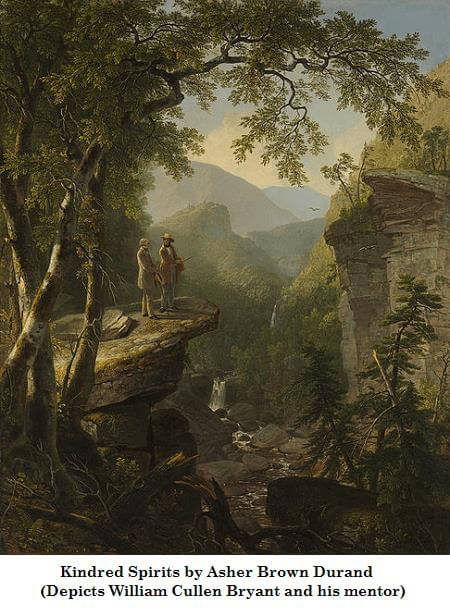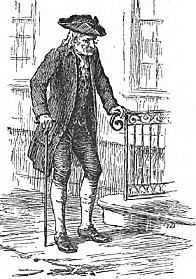 Stories of Great Americans for Little Americans
Stories of Great Americans
Stories of Great Americans for Little Americans
Stories of Great Americans



 Stories of Great Americans for Little Americans
Stories of Great Americans
Stories of Great Americans for Little Americans
Stories of Great Americans

Study the lesson for one week.
Over the week:
This chapter described some boys who grew up to be great authors.
Activity 1: Narrate the Story
Activity 3: Recite the Story
Activity 4: Study the Story Picture
Study the painting below of William Cullen Bryant (right) and his friend, painter Thomas Cole (left) in the Catskill Mountains.
Zoom in to see the details, and find the following:
